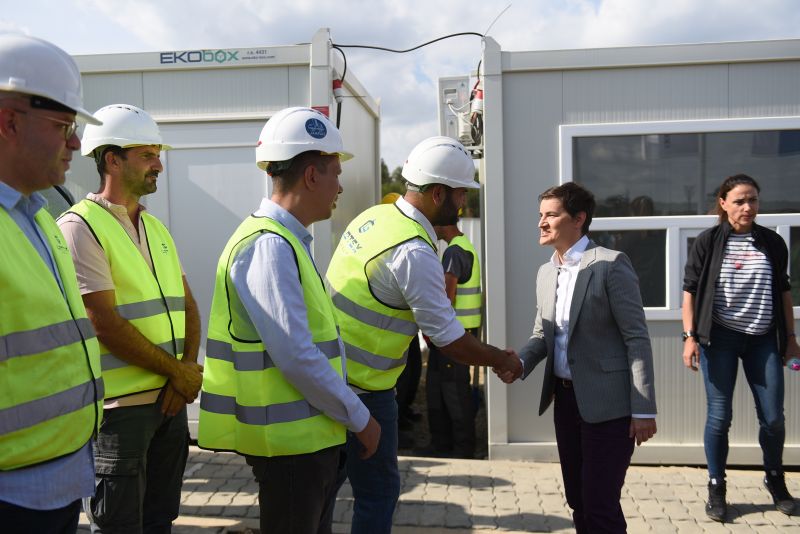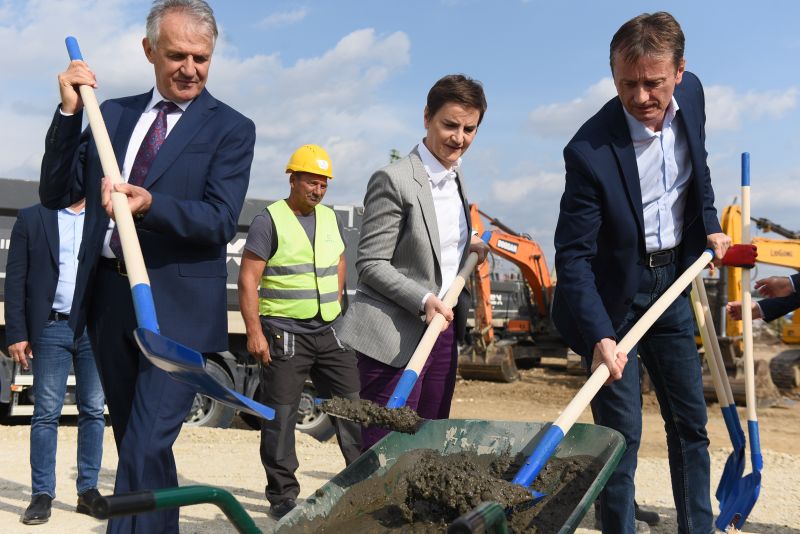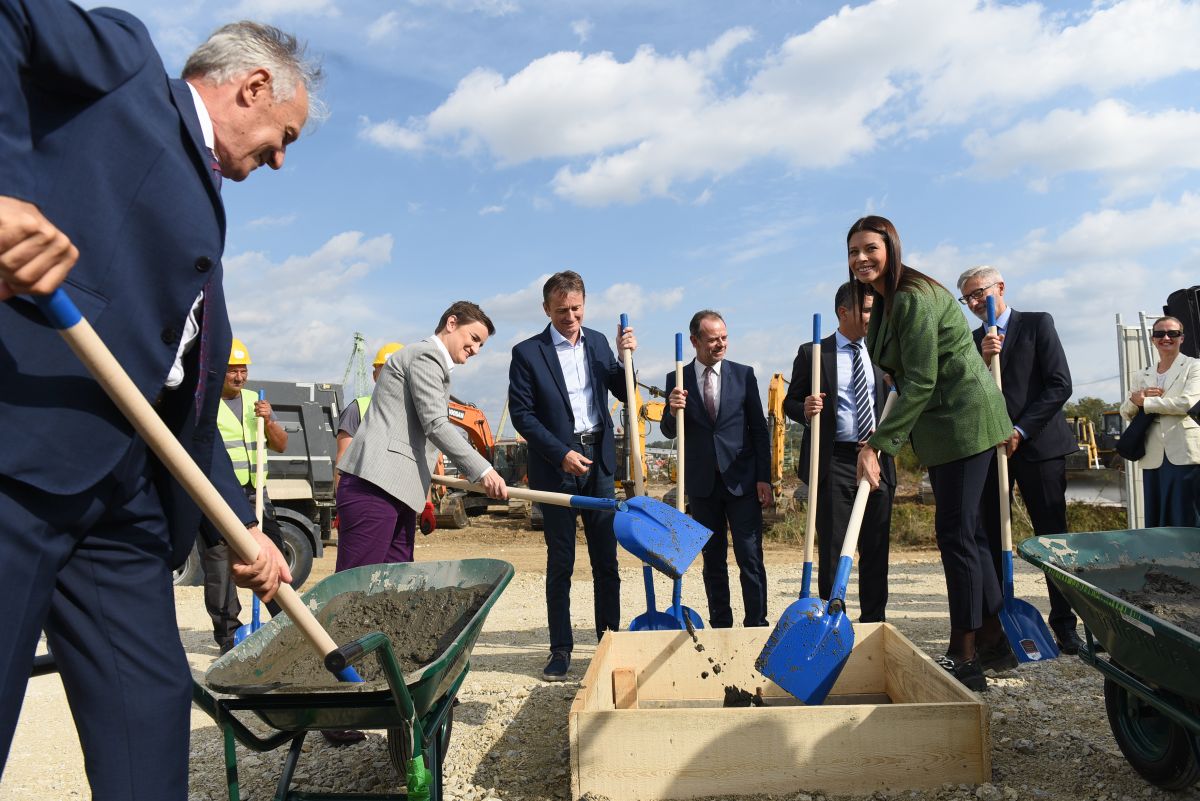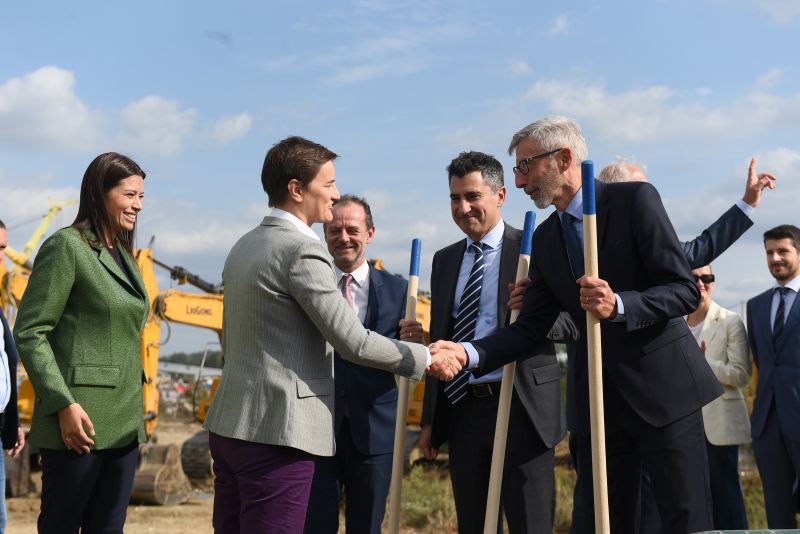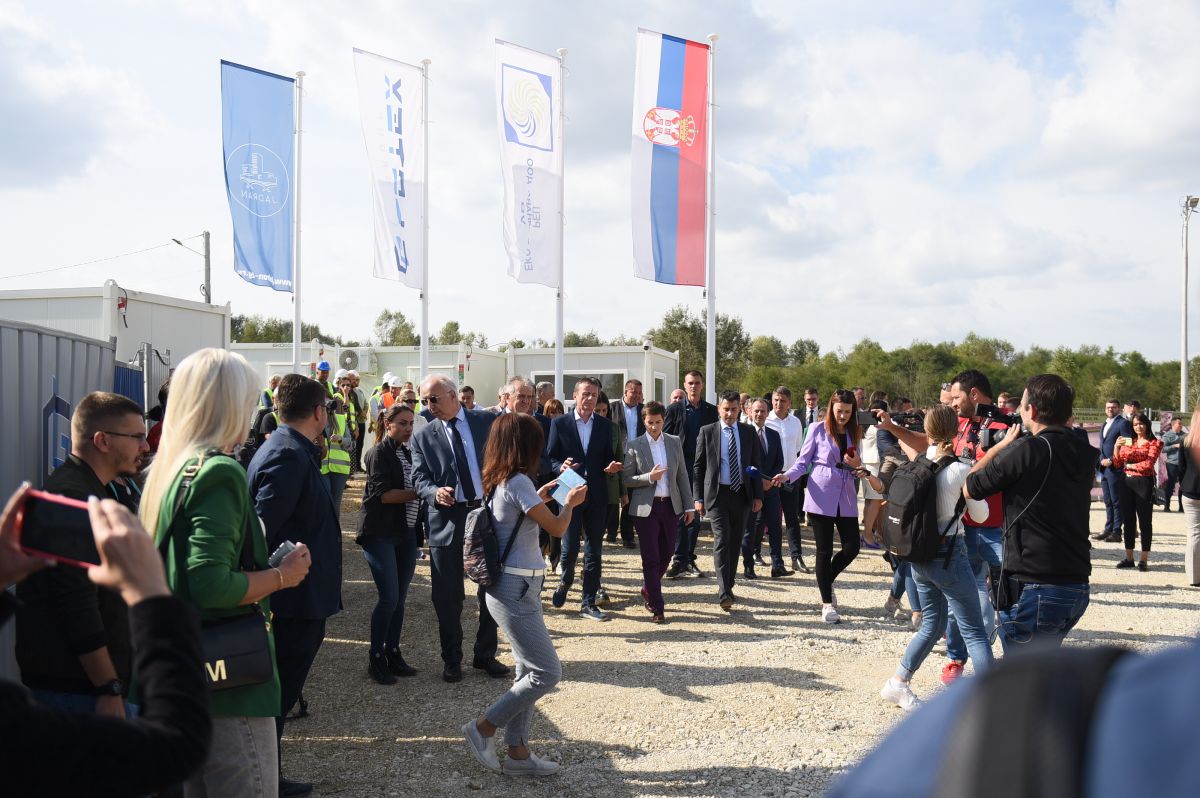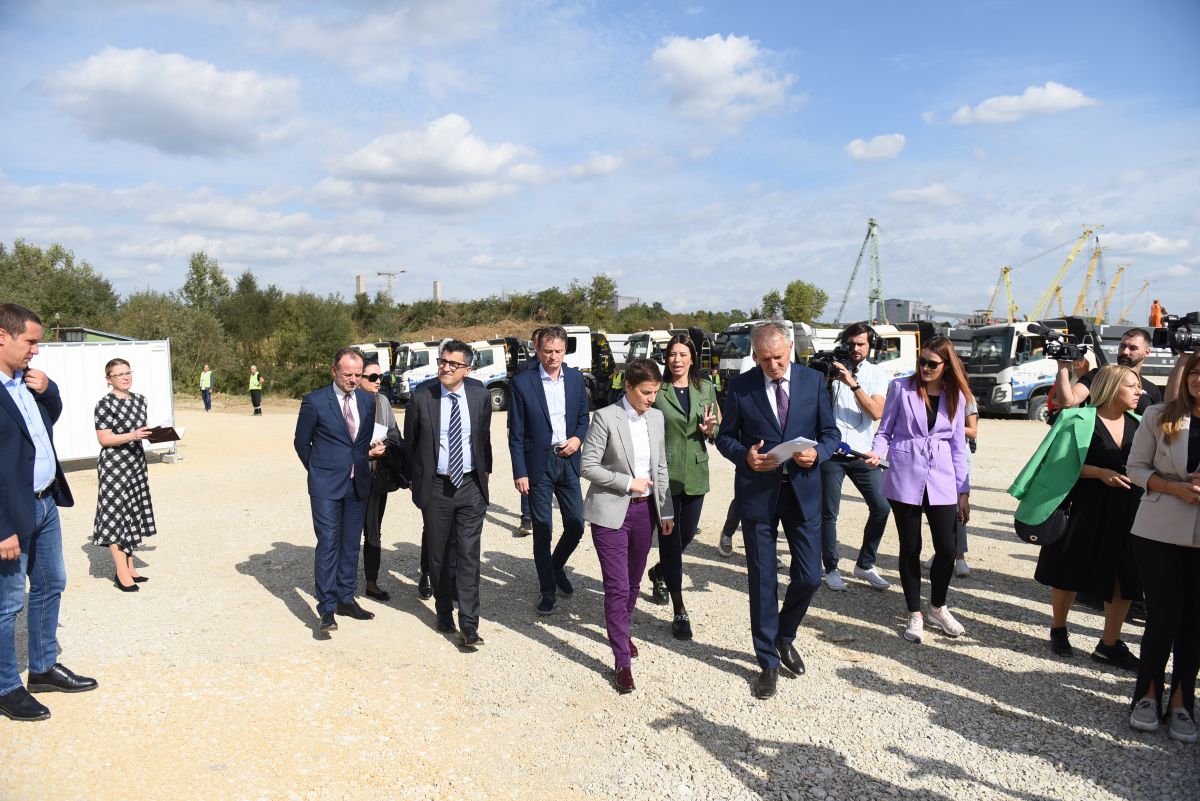Prime Minister Ana Brnabic said today in Ub, where she attended the beginning of the construction of the regional sanitary landfill "Kalenic" that the budget for the next year envisages 10 times more funds for projects in the field of environmental protection.
- Serbia
Get to know Serbia
- Citizens
Culture and science
Health services
Pension and disability insurance
- Business
Employment
Economy
- Media
- Government
- Contact
Keep in touch
Keepin touch
Whether you have a question, comment, suggestion or any problem in the purview of the government, send us your message and we will try to respond as soon as possible. If your problem is not in our purview, we will forward your message to the relevant institution.
Construction of regional sanitary landfill "Kalenic" begins
After visiting the beginning of the works, Brnabic emphasised that the construction of the sanitary landfill is one of the large and complex projects in the field of soil protection.
It is very important that the management of the regional centre is such that more than 80 percent of the waste is used in a good way, she underlined and reminded that Serbia is now moving towards circular economy.
The Prime Minister emphasised that the government has set the protection and improvement of the environment as one of the main priorities in the current mandate.
Brnabic also reminded that in the last eight years, €1.4 billion has been invested in the area of air quality and protection, primarily through thermal power plant desulphurisation plants – over €600 million, then in energy efficiency projects and renovations in over 9,000 households and public institutions, but also through projects to shut down boiler plants and replace energy sources with gasification.
The Prime Minister added that work is also being done on waste water treatment plants, emphasising that we have defined projects worth €3.5 billion only in the improvement of water quality and the protection of our waters and river flows through the construction of sewage networks and facilities.
When it comes to protecting soil, she emphasised that efforts are being made to improve waste management, and added that approximately €150 million in loans from the EBRD and the French Development Agency has been set aside for those projects.
According to her, this is one of six such centres, noting that we have defined projects worth €1.2 billion by 2030 only in the field of solid waste management.
Minister of Environmental Protection Irena Vujovic explained that the project to build a regional centre for waste management will generate more than 260,000 tonnes of waste from 15 local self-government units, and the completion of the works is planned for 18 months.
Director of the European Bank for Reconstruction and Development (EBRD) Office in Serbia Matteo Colangeli expressed the expectation that the circular economy, which will begin to develop as an industry in Serbia, will recognise that waste is not waste, but a resource and that it will bring benefit not only for environment, but also for the economy.
Ambassador of France to Serbia Pierre Cochard assessed that this event clearly illustrates the dynamics of cooperation between Serbia and France and, added that France supports Serbia in the improvement of environmental protection.
The estimated value of this investment is around €31.5 million, the largest part of which is financed by the EBRD.
-
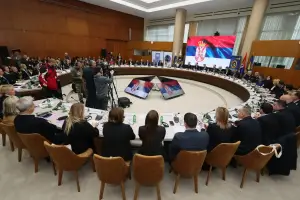 Belgrade, 27 November 2025
Belgrade, 27 November 2025Inclusion of women in security structures key to safer, more stable society
-
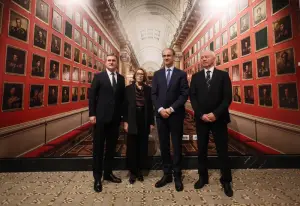 Belgrade, 26 November 2025
Belgrade, 26 November 2025Macut opens Traces of Light: Serbs in the Mirror of the Hermitage exhibition
-
 Belgrade, 26 November 2025
Belgrade, 26 November 2025Young people as visionaries of future modern Serbia
-
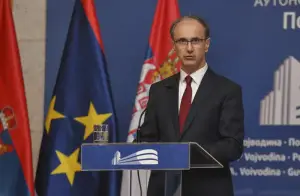 Novi Sad, 25 November 2025
Novi Sad, 25 November 2025Unification of Vojvodina with Serbia realisation of centuries-old dream
-
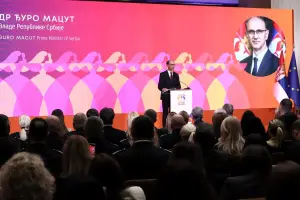 Belgrade, 25 November 2025
Belgrade, 25 November 2025Serbia makes significant step in fight against violence against women
-
 Belgrade, 23 November 2025
Belgrade, 23 November 2025Potential for further improving cooperation between Serbia, Arab countries
-
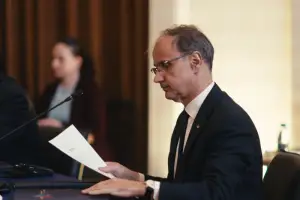 Belgrade/Tirana, 21 November 2025
Belgrade/Tirana, 21 November 2025Connected region best path to full EU membership
-
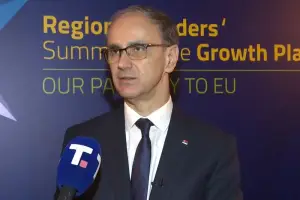 Belgrade/Tirana, 21 November 2025
Belgrade/Tirana, 21 November 2025Serbia on right track in meeting EU accession criteria
-
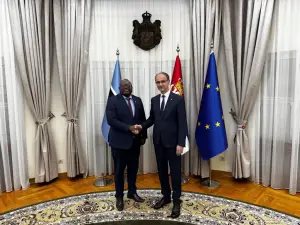 Belgrade, 21 November 2025
Belgrade, 21 November 2025Serbia, Botswana committed to peace, respect for international law
-
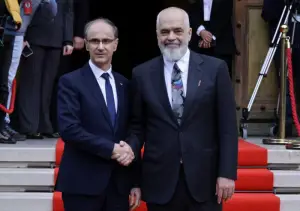 Belgrade/Tirana, 21 November 2025
Belgrade/Tirana, 21 November 2025Prime Minister Macut at Western Balkans Leaders’ Summit


